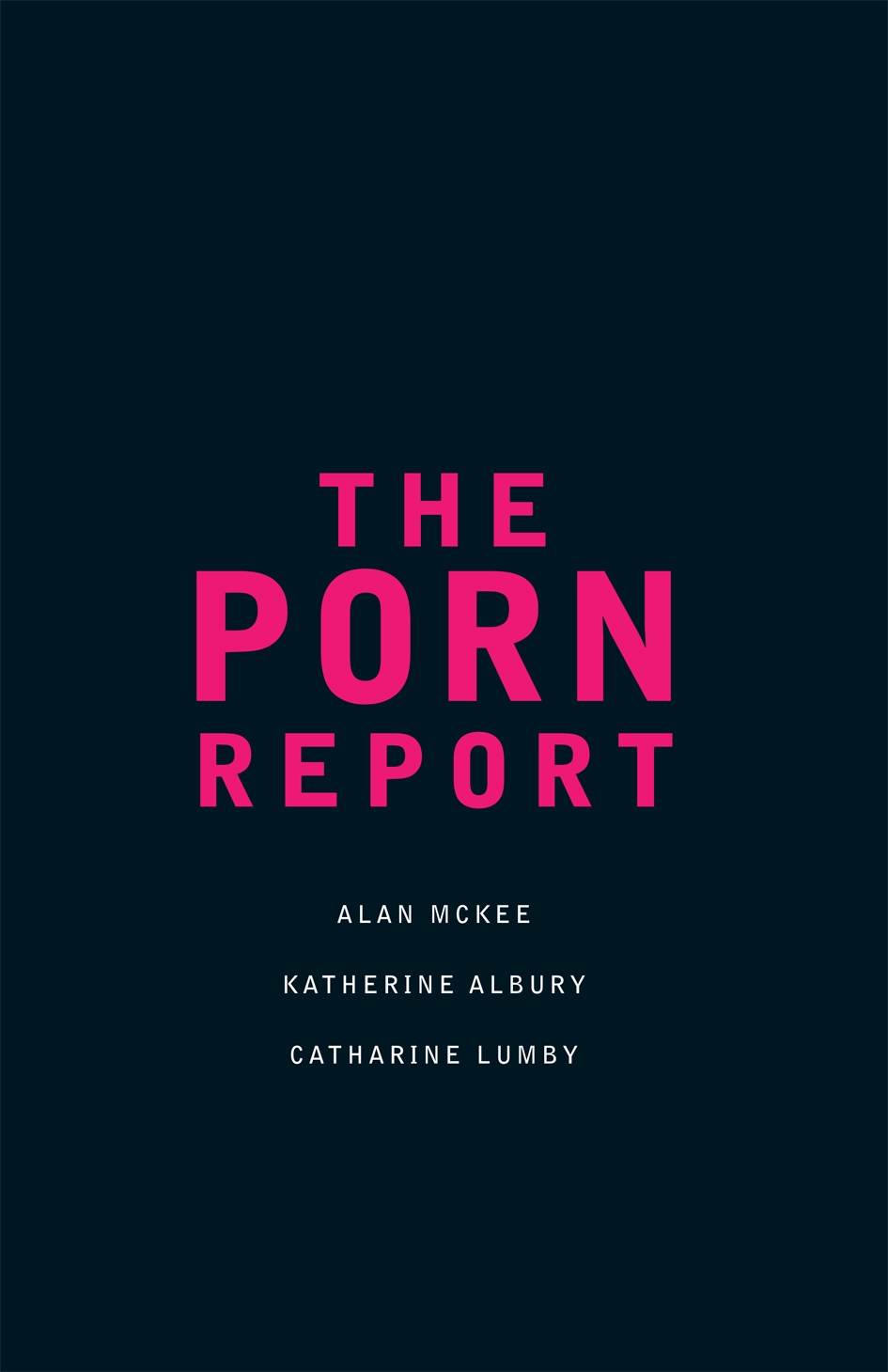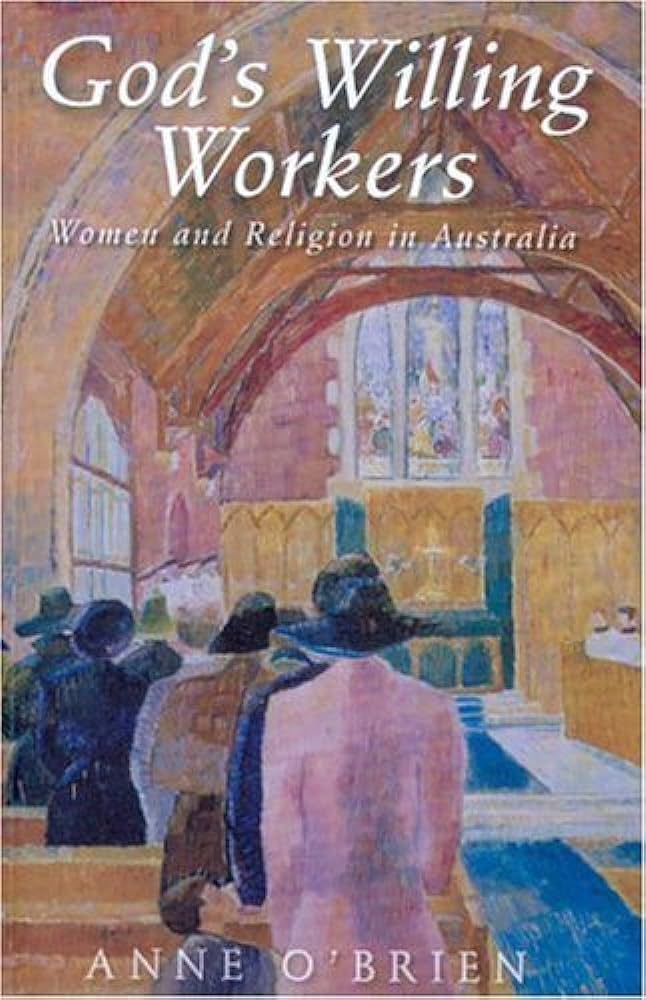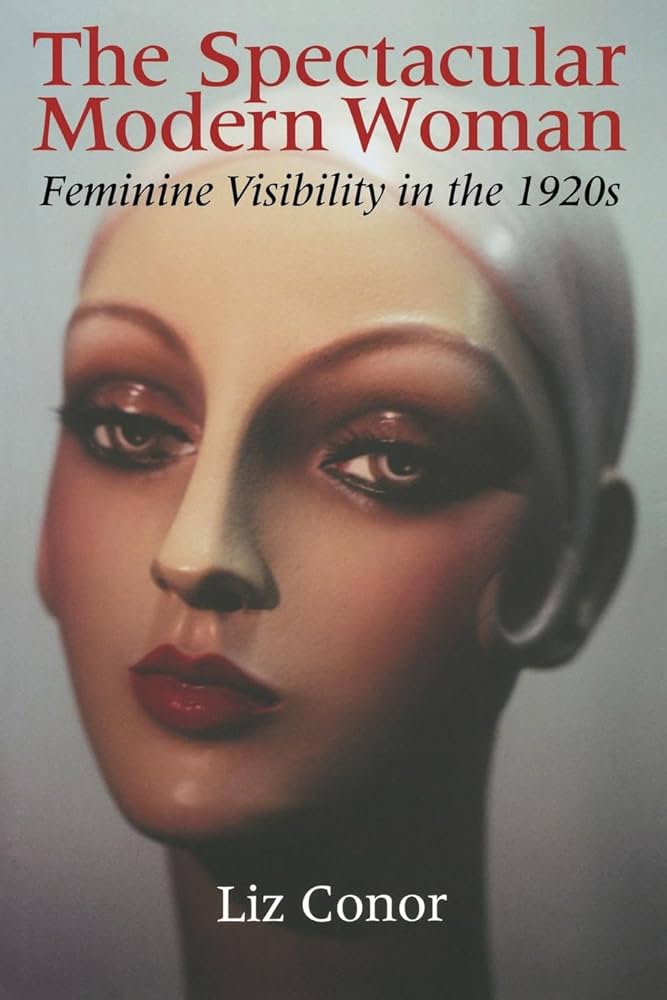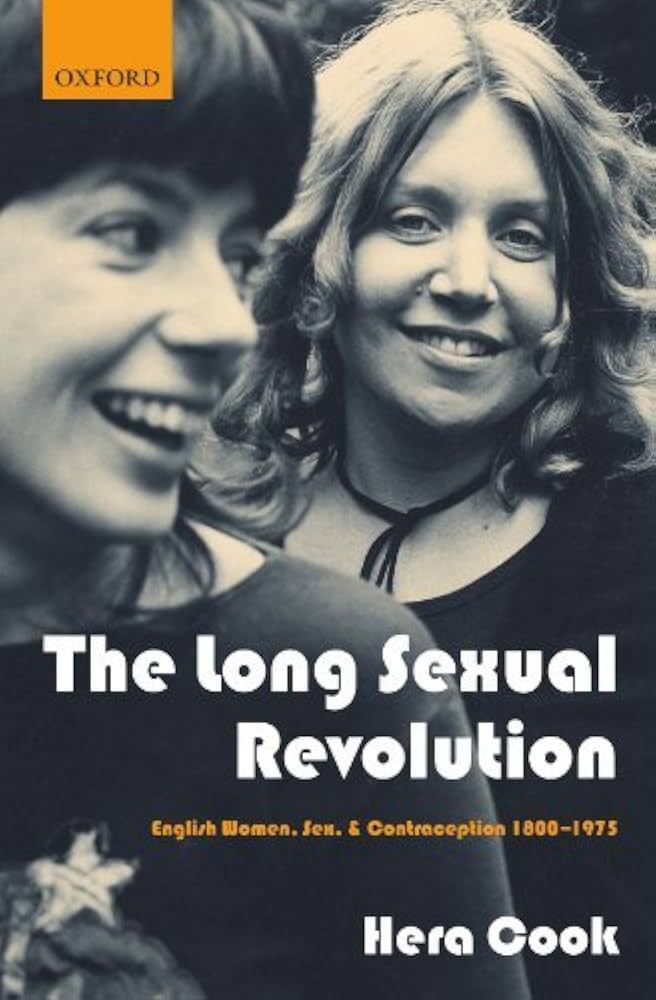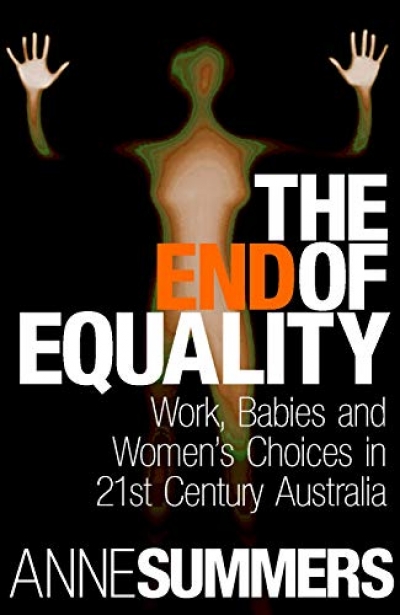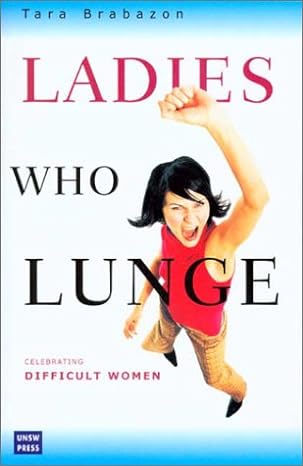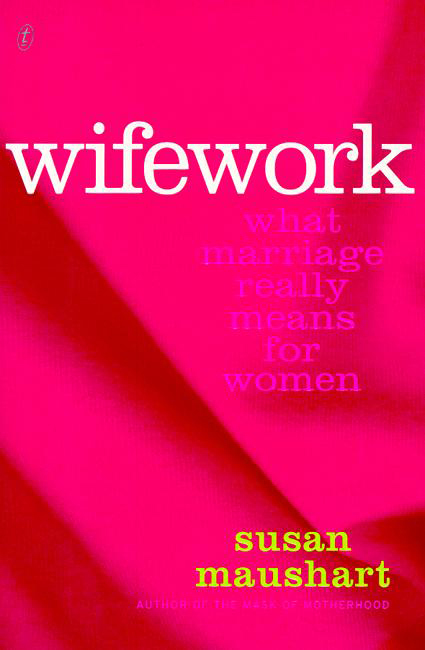Feminism
The Porn Report by Alan McKee, Katherine Albury and Catharine Lumby & Princesses and Pornstars by Emily Maguire
Pornification, The Porn Report and Princesses and Pornstars are three recent entries into the burgeoning academic field known as ‘porn studies’. All three books aim to move beyond the simplistic ‘for’ and ‘against’ arguments that have traditionally surrounded pornography. Instead, each text explores the challenges and complexities of living in a world where sexually explicit material is more prevalent than ever before.
... (read more)God’s Willing Workers: Women and religion in Australia by Anne O'Brien
For Germaine Greer, the nuns at the Star of the Sea Convent in Melbourne provided ‘a terrific education’. ‘They really loved us,’ said Greer. Not so Amanda Lohrey. Her experience of a working-class convent school in Tasmania so scarred her that still today, visiting a church in Europe, she feels a ‘physical revulsion’ for ‘the naked martyrs, staked out, flayed alive, crumpled, bleeding’. For former Catholic schoolgirls, a reunion is a chance to laugh together over some of the more outrageous things taught to them by nuns. But Lohrey can look back only with bitterness, in particular on the nuns’ ‘intense but evasive’ preoccupation with sex. ‘Boys are after only one thing, girls. They’ll suck you dry like an orange,’ she was told. She cannot laugh.
... (read more)Liz Conor’s accomplished history of the ‘modern appearing woman’ in 1920s Australia has much to recommend it. The archival work that it represents is fascinating and suggestive of a trove of female energy, sadness and invention. Hilarious and ambivalent stories emerge of Sydney ‘gals’ and Business Girls, of a New York flapper with traffic lights painted on her silk stockings, and of Amelia, an indigenous maidservant, who invented grunge without her mistress recognising style when it stepped up to her table in a red skirt, man’s striped shirt and big boots. These and other stories trace the vigour of young women’s determination to respond to the consumer possibilities of a spectacular new world of media images, electric light and postwar male uncertainties.
... (read more)The Long Sexual Revolution: English women, sex and contraception 1800-1975 by Hera Cook
This is a big, bold book with an enormous scope: almost two centuries of sex, birth control and heterosexual relations. It is an ambitious project, but Hera Cook has produced an intriguing mix of broad survey and close, detailed analysis. The basic premise of The Long Sexual Revolution is that sex and reproduction were intertwined. ln many histories, sexuality and reproduction are discussed as if the two were unrelated, but Cook indicates the ways that contraception and control over reproduction were crucial to both sexual pleasure and sexual change.
... (read more)Liz Conor reviews 'The End of Equality: Work, Babies and Women’s Choices in 21st Century Australia' by Anne Summers
‘Women who want to be equal with men lack ambition.’ This was the rather damning assessment of equality-based or liberal feminism scrawled on public walls in the 1970s and 1980s. It took a swipe at the strategy of achieving civil and economic equality on men’s terms. It sought a radical agenda of change that would bring about profound alteration to the deepest social, economic and psychic structures of gender identity, patriarchy and capitalism. It demonstrated, even then, that ‘equality’ did not have unqualified support among women. Thirty years later, Anne Summers is in a position to consider how this strategy has stood up to repeated attacks, and its overall gains and shortcomings.
... (read more)Taboo – or not taboo? That is the question you soon start asking yourself if you bother with the text of this book and its purported revelations on the subject of ‘male beauty’. It is a stimulating question, but you end up wondering if the publishers, at least, mean you to go to such bother when they’ve hardly gone to any themselves, in the way of editing, to ensure some cogency in their celebrity author’s arguments. There’s little here, in fact, that you could call argument, in the sense of a coherent succession of reasoned propositions: nothing so solid or stable to argue against; nothing so stolid or boring. When not beguiled by the next image of upwardly nubile flesh, sumptuously reproduced from the work of the world’s great visual artists, you’re more at risk of being left stupefied by the next authorial assertion. Oh, yes, it will be provocative, but the provocation often lies in its brazen countering of the assertions that have preceded it. Silly you for craving consistency.
... (read more)Sylvia Lawson is a distinguished cultural critic and essayist. Her award-winning The Archibald Paradox: A Strange Case of Authorship was published in 1983, and her collection of essays, How Simone de Beauvoir Died in Australia, won the 2003 Gleebooks Prize for literary and cultural criticism. In selecting the latter volume among my best books of 2002 for the Sydney Morning Herald, I claimed that it was characterised by ‘complex, spacious, committed, convincing, intellectually riveting speculations and reflections’. Many of these qualities may be found in The Outside Story.
... (read more)Girl Heroes: The new force in popular culture by Susan Hopkins
When young girls are mentioned in the same breath as the internet, talk to bound to turn to the necessity of protecting them from the myriad adult sexual predators lurking in the shadows of chat rooms. The idea that children, and in particular young girls, are innocents who need protection from the adult world is one of our most deeply rooted cultural beliefs. The borderless character of the Net – the fact that it allows adults and children to exchange images and information – is seen as something that jeopardises this innocence.
... (read more)Ladies Who Lunge: Celebrating difficult women by Tara Brabazon
Tara Brabazon’s Ladies Who Lunge: Celebrating Difficult Women is a collection of essays on feminism and popular culture. Addressing a range of subjects – including aerobics, wrestling, Miss Moneypenny, Anita Roddick and the pedagogy of Sylvia Ashton Warner – Brabazon’s material on the whole does justice to her general contention that feminist readings of popular culture need to be fearless and bold. Arguing that feminism requires a (metaphoric) equivalent of the movie Fight Club, Brabazon suggests that feminist critique is at its sharpest when it reads against the grain of mainstream thinking. For the most part, these essays do just that. However, for a book that celebrates the brazenness of feminism, why not include the F word in the title? In fact, the lameness of the title’s pun turns out to be characteristic of a deeper identity crisis. While Brabazon argues for a non-populist feminism, a tough and gritty brave new world of feminist critique, the style and packaging, and sometimes the substance, of her book seem to be trying hard to reach a market that is both ‘young’ and ‘popular’. Not that there is anything intrinsically wrong with this market, but it contradicts Brabazon’s wider project of taking us somewhere other than feminist readings of popular culture that dumb down many of feminism’s most critical insights.
... (read more)Wifework: What marriage really means for women by Susan Maushart
Wifework is a good term for the things that women have been doing in Western marriages for centuries. It evokes all those other phrases coined in the 1970s and 1980s by feminists that resonate in the consciousness of modern women (including many of those who preface any discussion of family life with the mantra ‘I’m not a feminist’). Wifework embraces the sacrifice of ‘the burnt chop syndrome’, the exhaustion of the ‘the double shift’ and the psychological burden of ‘emotional labour’. The title of this new book raises hopes for a spirited discussion examining and updating earlier complaints, showing how things have changed and suggesting what needs to be done about marriages in the new century. As a been-there-done-that reader (married in the 1970s and feeling guilty about letting down feminism by doing so, divorced in the 1980s and feeling guilty about that, cohabiting and parenting in the 1990s), I was interested at once.
... (read more)

